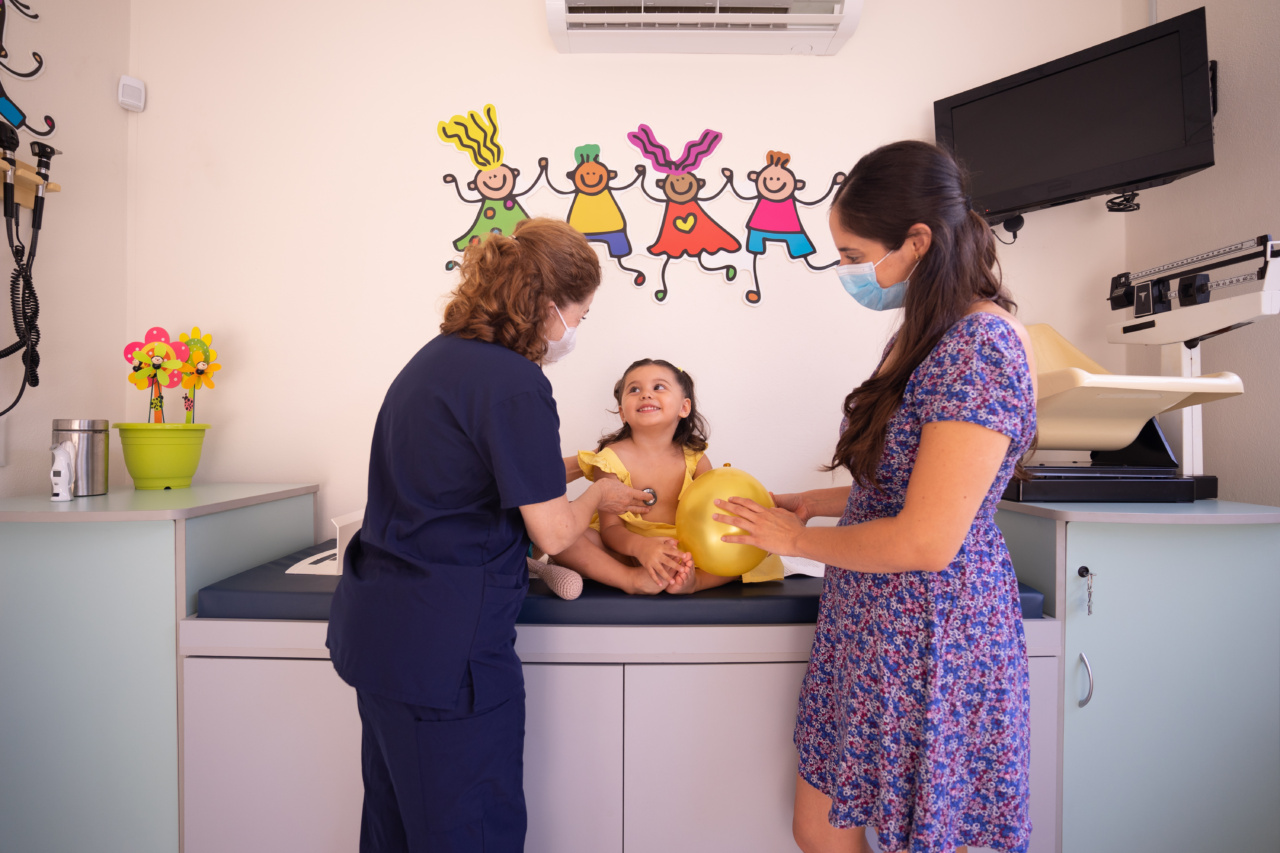Television has become an integral part of our lives, and many parents often wonder about its impact on their baby’s development. As a pediatrician, I am frequently asked this question by concerned parents.
In this article, we will explore the potential effects of television on a baby’s development, based on scientific research and recommendations from leading pediatric organizations.
The Importance of Early Childhood Development
Before delving into the impact of television on babies, it is crucial to understand the importance of early childhood development. The first few years of a child’s life are considered critical for cognitive, social, and emotional growth.
During this period, their brains undergo rapid development, forming foundational skills and abilities that will shape their future.
The Role of Television in a Baby’s Life
Television can be an engaging medium that offers entertainment and educational content. Many parents use television as a means to soothe their babies or to provide educational programming.
However, it is essential to recognize the potential consequences of excessive screen time and the specific impact on a baby’s development.
Delayed Language Development
Research has shown that excessive television exposure during infancy and early childhood can lead to delayed language development. Babies learn language by listening, interacting, and imitating sounds, words, and gestures from their caregivers.
When exposed to television for extended periods, babies miss out on valuable opportunities for language acquisition and interaction with their environment.
Impaired Cognitive Development
Studies have indicated that excessive television viewing can impair cognitive development in babies.
Their attention spans are shorter than older children and adults, making it challenging for them to process and comprehend the fast-paced visual stimuli typical of television programs. This can affect their ability to develop essential cognitive skills such as problem-solving, critical thinking, and creativity.
Disrupted Sleep Patterns
Television can disrupt a baby’s sleep patterns, leading to sleep disturbances and inadequate rest. The blue light emitted by screens suppresses the production of melatonin, a hormone that regulates sleep-wake cycles.
Exposure to television close to bedtime can delay the onset of sleep, disrupt sleep quality, and contribute to sleep-related issues such as insomnia.
Influence on Behavior and Social Skills
Excessive television viewing has been linked to behavioral problems and poor social skills in children.
Babies who spend extended periods watching television may miss out on crucial social interactions, which are vital for the development of empathy, communication skills, and emotional intelligence. Moreover, the content of television programs can shape a baby’s behavior and attitudes, potentially exposing them to unrealistic or inappropriate role models.
Recommendations from Pediatric Organizations
Recognizing the potential adverse effects of television on a baby’s development, leading pediatric organizations provide guidelines to help parents make informed decisions:.
1. American Academy of Pediatrics (AAP)
The AAP recommends that children under 18 months of age avoid screen time altogether, except for video chatting with family members. For children aged 18 to 24 months, limited high-quality programming is acceptable when supervised by a caregiver.
2. World Health Organization (WHO)
The WHO advises that children under 2 years old should not have any sedentary screen time, including television. They should instead engage in interactive play and other activities suitable for their age.
3. Canadian Paediatric Society (CPS)
The CPS recommends no screen time for children under 2 years old, except for video chatting. For children aged 2 to 5 years, screen time should be limited to one hour per day of high-quality programming.
Creating a Healthy Environment for Development
While the impact of television on a baby’s development is concerning, it is important to remember that parents play a crucial role in creating a healthy environment for their child’s development:.
1. Limit Screen Time
Follow the guidelines provided by pediatric organizations and limit your baby’s screen time. Encourage more interactive activities and playtime.
2. Engage in Face-to-Face Interaction
Spend quality time with your baby engaging in face-to-face interactions, such as talking, singing, and playing. These activities promote language development and social skills.
3. Choose Age-Appropriate Content
If you do allow screen time, choose age-appropriate educational programs that promote learning, positive values, and social skills.
4. Create a Screen-Free Bedroom
Keep screens out of your baby’s bedroom to promote a healthy sleep environment. Establish consistent bedtime routines that exclude screen exposure.
Conclusion
While television can provide educational content, excessive screen time can have negative consequences on a baby’s development.
Scientific research and recommendations from pediatric organizations highlight the importance of limiting screen exposure and encouraging more interactive and healthy activities. As parents, it is crucial to prioritize a baby’s overall development and create a balanced environment that supports their growth.






























